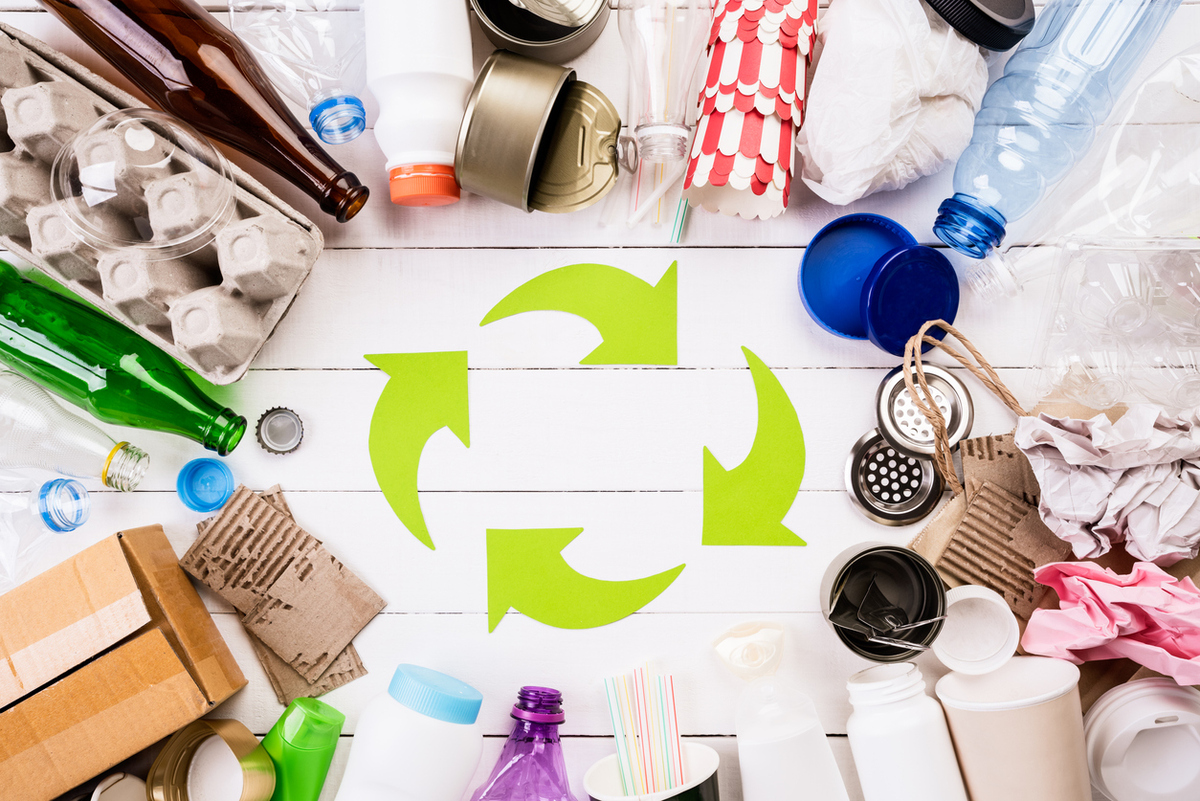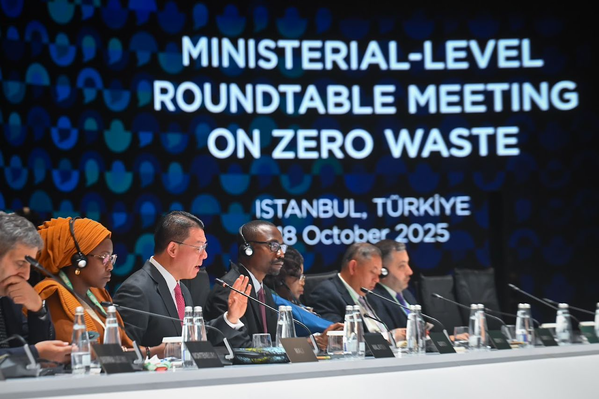The tiny packaging recycling label is looming large
Having listened to stakeholders, DEFRA should now act with more urgency on its advice

The end of March this year was a milestone in terms of EU-UK divergence in environmental policy. On 30 March, the European Commission adopted a package of legislative and non-legislative measures along the entire life cycle of products, which, according to Paul Foulkes-Arellano, the founder of Circuthon, a London-based management consultancy for the circular economy, “could lead to unprecedented disruption in the sector” and may be “cataclysmic” for businesses that haven’t started investing heavily in circular solutions yet.
The Circular Economy Action Plan also commits to making all packaging on the EU market across most sectors, including clothes and construction, reusable or recyclable in an economically viable way by 2030.
ECOS, the Environmental Coalition of Standards, welcomed what it describes as an ambitious Circular Economy Package launched by the European Commission, with the caveat that its success now will depend on “how much teeth the final bills have” after going through the European Parliament and the Council.
On 26 March, in the UK, DEFRA published the long-awaited outcome of the second round of consultations on extended producer responsibility (EPR) for packaging, which closed last June.
Further delay in the publication of the response on the other two major policy areas covered by the consultation – deposit return schemes and the consistency of recycling collections and labelling – left stakeholders in a protracted limbo about what preparations they should start to make to ensure meeting future deadlines for compliance.
The cornerstone of plastic waste management
The limited amount the EPR for packaging response gave away about the outcomes of the consultation on consistency made many involved in recycling breathe a sigh of relief.
Originally, the government didn’t aim for labelling consistency and would have allowed for any designs by either businesses or labelling schemes, provided they met the standards of an approval process.
But OPRL (On-Pack Recycling Label), a 600-plus membered non-profit organisation and a world-leading scheme that is the most recognised and acted upon in the UK, called for a unified system, arguing that further fragmentation can cause even more confusion and contamination in waste collection.
As a result, the government’s response establishes that a single mandatory labelling scheme will be legislated for, which will follow OPRL/WRAP’s recycle mark. Although OPRL would have been ready to support any one verifiable and unified labelling scheme, it is the most suitable candidate in several respects.
Firstly, OPRL is the only evidence-based recyclability label in the UK. Although there are a couple of other well-known logos in use that suggest to shoppers that packaging has some green credentials, they are either linked to the payment of a membership fee by the business or offer recycling options that may come with disproportionate carbon footprints.
OPRL, on the other hand, considers not only what materials are collected for recycling but also the availability of the infrastructure to sort and reprocess different types of packaging. In a 2020 review of the scheme, for example, when a simplified binary system was also introduced, two polymers widely collected but mainly landfilled or incinerated were moved to “don’t recycle”. OPRL sub-licenses the exclusive right it is granted by WRAP – a not-for-profit funded by DEFRA, the UK’s devolved governments and the EU – to member businesses on an annually renewable basis.
It also updates its scheme to include new recycling and reuse opportunities and thus has developed refill-in-store, refill-at-home and return-to-refill labels, too.
Is it enough?
The bit that is less inspiring regarding government response on labelling is the timeline. The OPRL labelling system is to become mandatory by 31 March 2026, which leaves ample time for businesses to prepare for adoption but is also bound to result in excessive waste and CO2 emissions that earlier adoption could prevent.
Moreover, while OPRL, having found that more than 75 percent of the UK population already has access to front-of-store collections, added crisp packs and metallised snack and chocolate wrappers to its “recycle with bags at large supermarkets” label, DEFRA relegates these to non-recyclables with other films and flexibles until 2027.
The generous deadline and other concessions may prevent the UK from being on schedule for its pledge to recycle 65 percent of household waste by 2035 – a piece of legislation transposed from the EU’s Circular Economy Package into UK law in 2020.
Recent trends aren’t exactly promising. Household recycling rates have been falling in the UK for the past two years, while the volume of packaging waste is still on the increase. In the UK, only Wales managed to deliver on the 50 percent milestone in 2020.
Complex issues require complex measures. While DEFRA’s response lacks a sense of urgency, the Plastic Packaging Tax that has been effective since April this year may spur manufacturers to commit to voluntary targets well before they get mandated.
Most Viewed
Winston House, 3rd Floor, Units 306-309, 2-4 Dollis Park, London, N3 1HF
23-29 Hendon Lane, London, N3 1RT
020 8349 4363
© 2025, Lyonsdown Limited. Business Reporter® is a registered trademark of Lyonsdown Ltd. VAT registration number: 830519543





